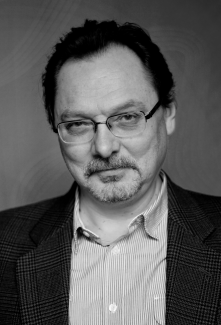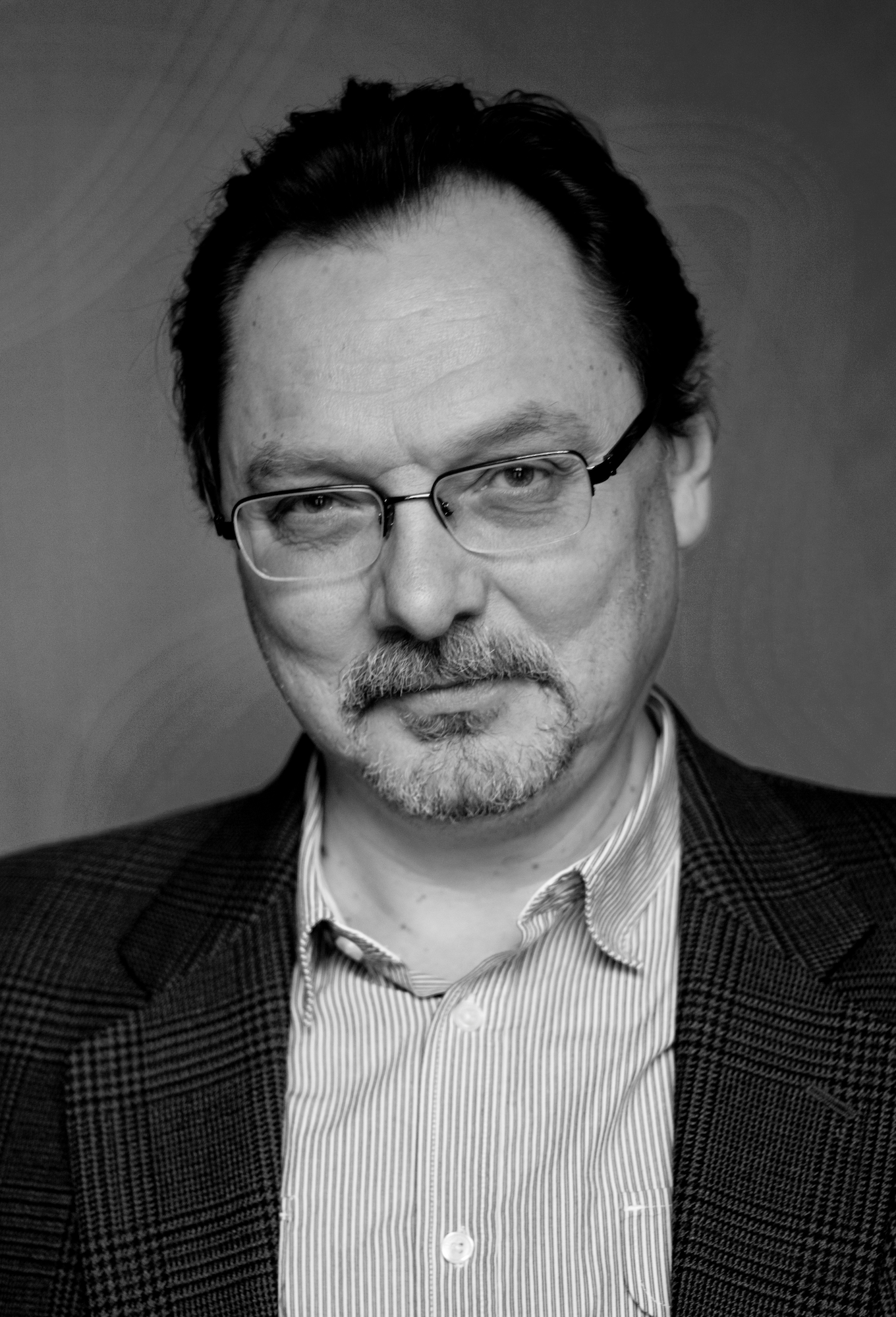The Caucasus: a Hotbed of Terrorism in Metamorphosis

Since summer 2009, instability in the eastern part of the North Caucasus has escalated, a security threat against which the Russian leadership cannot find a strategy. Despite a maximum-intensity counterinsurgency campaign, the rebels have been able to expand their support base, staging terrorist attacks in Moscow.
The Domodedovo airport of 24 January 2011 is just the latest example. President Medvedev is trying to combine sustained repression with economic development, but his "soft power" approach has little credibility. Increased transfers from the federal budget have created a system of administrative corruption, which now constitutes a greater obstacle to private investment than the high risk of violence. In fact, rampant corruption has become the major driver for instability because public anger cannot find political expression, feeding the growth of underground Islamic networks that often resort to violence. The inefficacy of Medvedev's strategy increases the probability that the 2011-2012 election cycle in Russia could be suddenly and profoundly influenced by terrorism originating in the North Caucasus. Yet, another attempt to mobilize the country through a decisive, centralizing leader might propel Russia towards a spontaneous Soviet-style implosion.
Download the full analysis
This page contains only a summary of our work. If you would like to have access to all the information from our research on the subject, you can download the full version in PDF format.
The Caucasus: a Hotbed of Terrorism in Metamorphosis
Related centers and programs
Discover our other research centers and programsFind out more
Discover all our analysesRussia's Asia Strategy: Bolstering the Eagle's Eastern Wing
Among Russia’s strategic priorities, Asia traditionally played a secondary role compared to the West. In the mid-1990s, then Foreign Minister Yevgeny Primakov initiated a rapprochement with China and India. Then, in 2014, deteriorating relations between Russia and the West prompted Moscow to begin its “great pivot to the East”.
Kazakhstan After the Double Shock of 2022: Political, Economic and Military Consequences
The year 2022 represented a dual shock for Kazakhstan. In January, the country faced its most severe political crisis since independence, followed in February by Russia’s full-scale invasion of Ukraine, which cast uncertainty over the borders of post-Soviet states. These consecutive crises profoundly shaped Kazakhstan’s domestic and foreign policy.

How the Russian Army Changed its Concept of War, 1993-2022
The traditional and high-intensity war that has occurred in Ukraine since Russia decided to invade raises a key issue: did post-soviet Russian strategic thought really prepare Russia for waging this war?
Russia's Nuclear Deterrence Put to the Test by the War in Ukraine
From the outset of its “special military operation” (SVO) against Ukraine on February 24, 2022, Russia, which possesses one of the world’s largest nuclear arsenals, has adopted aggressive deterrence measures and a resolutely menacing rhetorical stance.











